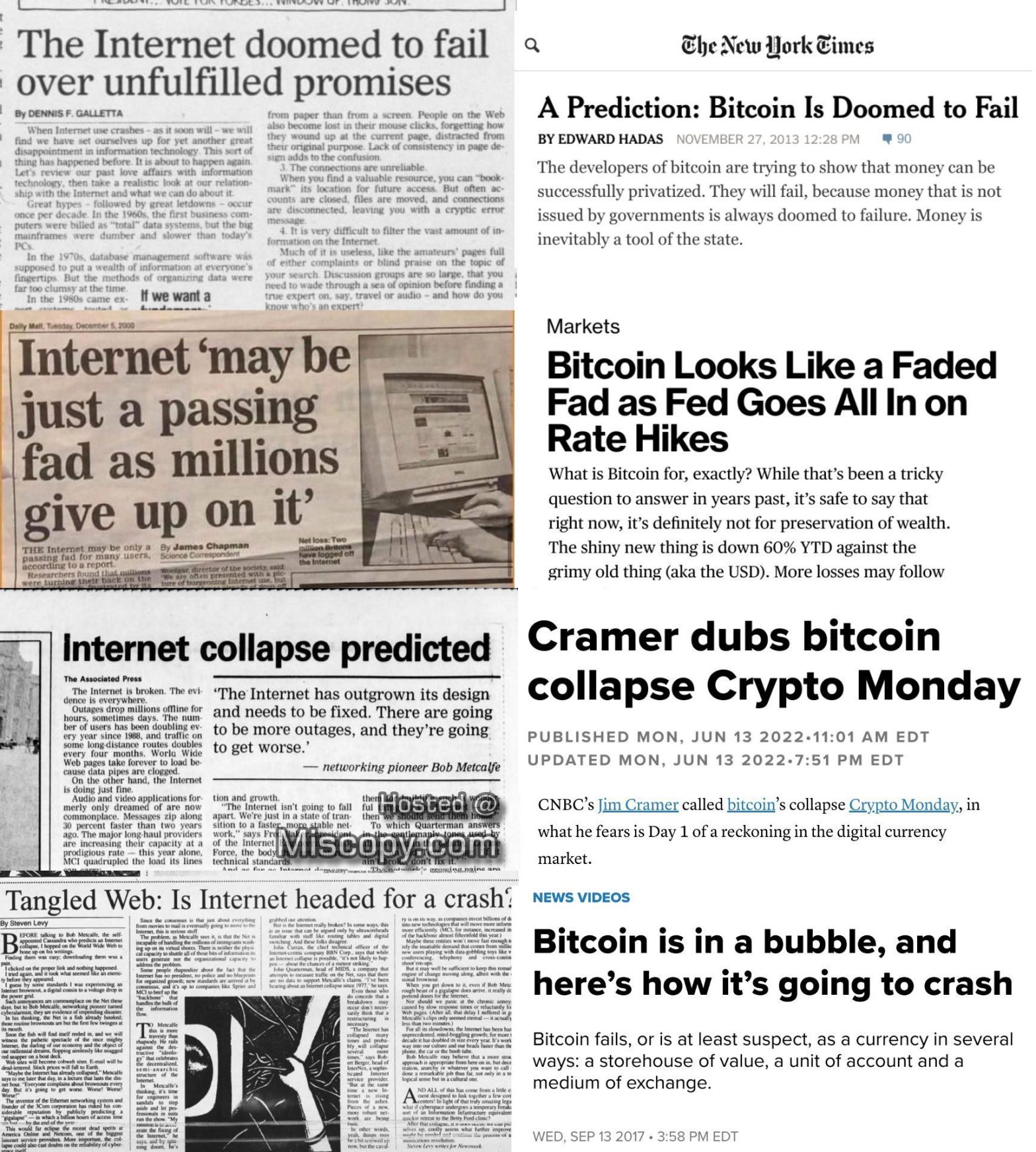In recent years, the term “Targeted Individuals” has gained attention, referring to individuals who claim to be victims of covert harassment and surveillance. These self-identified targeted individuals (TIs) report experiencing a wide range of torture, including electronic harassment, gang stalking, and mind control. While this topic remains highly controversial and lacks scientific consensus, it is essential to explore who these individuals are and delve into the reasons they believe they are targeted.
Who Are Targeted Individuals
Targeted Individuals are individuals who firmly believe that they are subjected to organized stalking, electronic harassment, and intrusive surveillance, often conducted by governmental agencies or secret organizations. They perceive themselves as victims of an elaborate and systematic campaign aimed at undermining their lives, privacy, and mental well-being. TIs maintain that these torture tactics are intended to isolate and discredit them, leading to psychological distress and social marginalization.
Experiences of Targeted Individuals
Targeted Individuals describe a wide range of experiences that they attribute to their targeting. These experiences include electronic harassment, where TIs claim to be subjected to various forms of non-lethal weaponry such as electromagnetic radiation, microwave pulses, or directed energy weapons. They report sensations of burning, itching, and “mind control” through the manipulation of their thoughts, emotions, or bodily functions.
Another common claim is gang stalking, where TIs believe they are continuously monitored and harassed by groups of individuals. This alleged stalking involves tactics like following, intrusive surveillance, noise campaigns, and subtle manipulation of their environment to induce paranoia and psychological distress. TIs often report being subjected to gaslighting, employment sabotage, and even physical attacks.
Possible Explanations for Targeting Beliefs
The reasons TIs attribute for being targeted vary widely. Some believe they are targeted due to personal or political beliefs that challenge established power structures. Others connect their targeting to past trauma or involvement in whistleblowing activities. Mental health issues, such as paranoid delusions or schizophrenia, are often cited by skeptics and critics as potential explanations for these beliefs. However, it is important to approach this topic with empathy and acknowledge that TIs genuinely feel targeted, regardless of the underlying cause.
Challenges and Controversies
The phenomenon of Targeted Individuals is a highly contentious and polarizing subject. Skeptics argue that TIs suffer from delusional disorders or paranoia, and their claims lack objective evidence. The absence of conclusive scientific studies further complicates the matter, making it challenging to separate genuine cases from instances of psychological distress.
However, it is crucial to note that dismissing all TIs as delusional may overlook potential cases of actual harassment or surveillance. Some human rights organizations advocate for a comprehensive investigation of TI claims to ensure that legitimate cases are not overlooked or dismissed outright.
Seeking Balance and Support
Balancing the need for empathy and support with critical analysis is essential when addressing the experiences of Targeted Individuals. Mental health professionals play a crucial role in engaging with TIs, providing support, and determining if their experiences stem from psychological distress or actual external factors.
Furthermore, researchers and experts should explore the experiences of TIs using rigorous scientific methodologies to shed light on the underlying mechanisms and potential causes of their perceived targeting.
Conclusion
The phenomenon of Targeted Individuals remains a complex and contentious topic, with individuals reporting experiences of organized stalking, electronic harassment, and surveillance. While the scientific community lacks consensus on the validity of these claims, it is important to approach this issue with empathy and open-mindedness.
Understanding the experiences of TIs requires a multidisciplinary approach that includes mental health support, scientific investigation, and a commitment to finding a balance between skepticism and compassion. By doing so, we can foster a more nuanced and comprehensive understanding of the Targeted Individuals torment.
More on Targeted Individuals and how governments often target their own citizens can be found HERE.


